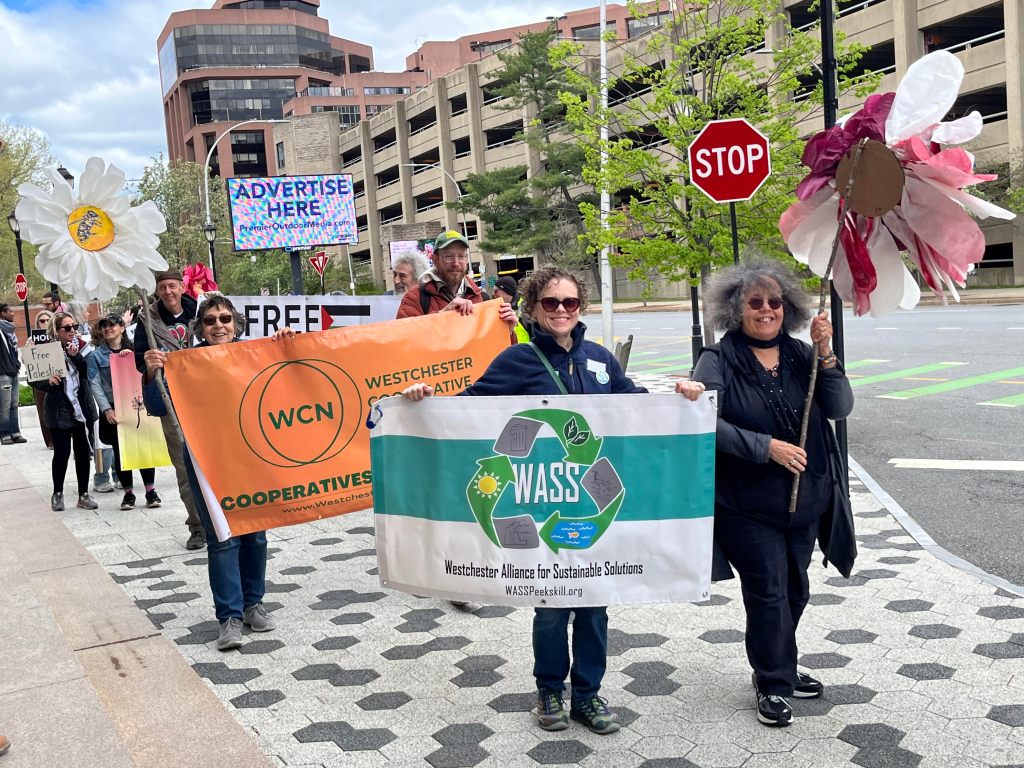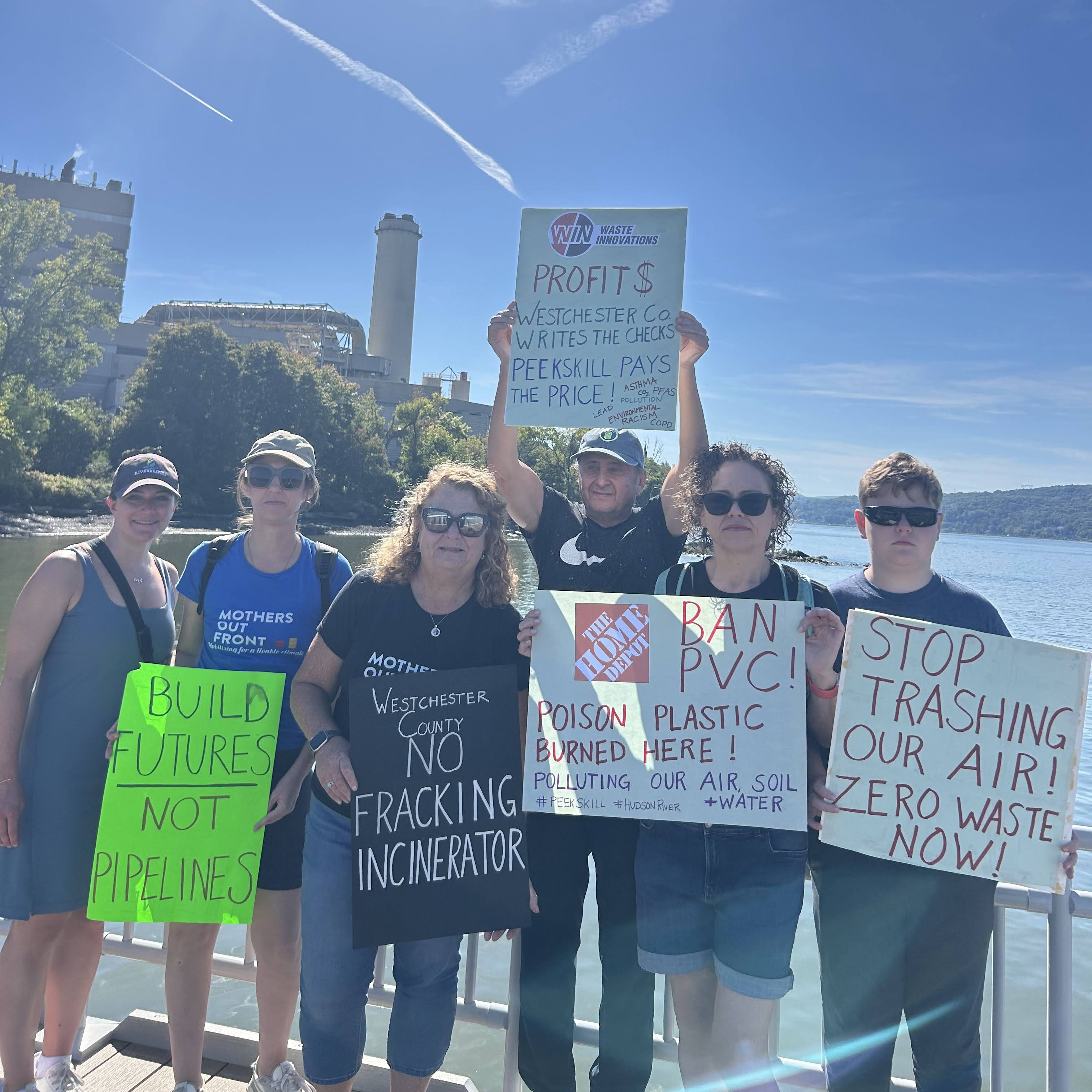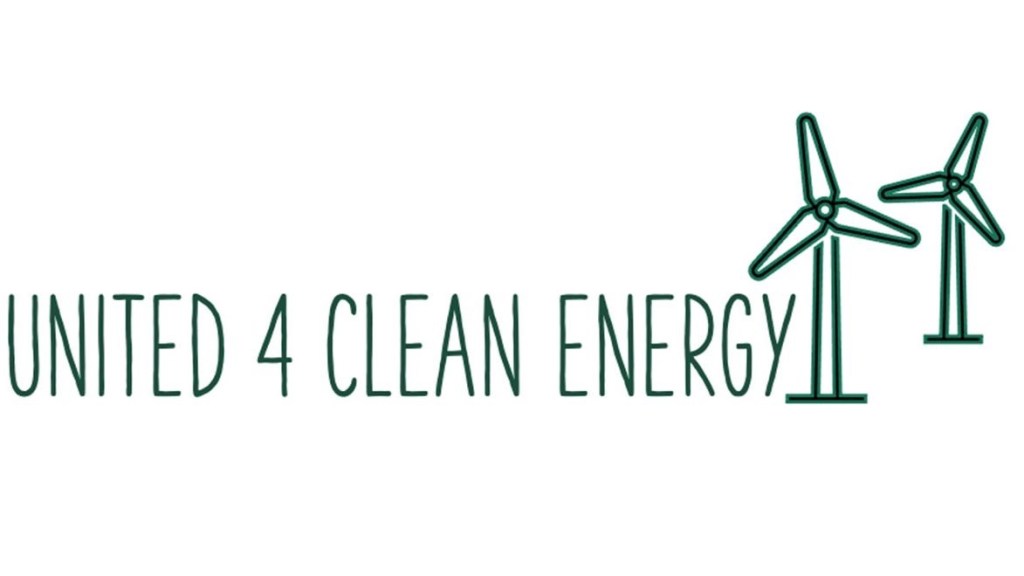About WASS
Westchester Alliance for Sustainable Solutions (WASS) is a county-wide effort to move our communities to Zero Waste and make Wheelabrator-Peekskill obsolete.
Our focus is to educate Westchester municipalities about the dangers of trash incineration and the ease and importance of adopting alternative solutions.
Peekskill, NY is an environmental justice community that is home to the Wheelabrator facility that burns most of Westchester County’s trash. It is the largest source of air pollution in the county, the health impacts of which are harming Peekskill and neighboring communities.
Join us to stop this environmental racism and find solutions that don’t hurt our people an our environment!
Join our email list to keep up to date on efforts. If you or your organization would like to join our alliance, email us at WASSPeekskill@gmail.com
Members of the Westchester Alliance For Sustainable Solutions:
Join our Monthly Zero Waste Task Force
Westchester Alliance for Sustainable Solutions (WASS) would like to cordially invite you to our join our WASS Zero Waste Task Force. We meet on the third Wednesday of the month at 7:30pm on Zoom.
These meetings convene monthly to build a collective county-wide effort, with representation from various sustainability committees and community-based organizations across our region, to advance truly sustainable waste management practices and end dirty garbage incineration in Westchester County.
If you cannot attend, all Task Force meetings are posted to the WASS Peekskill YouTube Channel.
If you have questions reach out to WASS at WASSPeekskill@gmail.com












